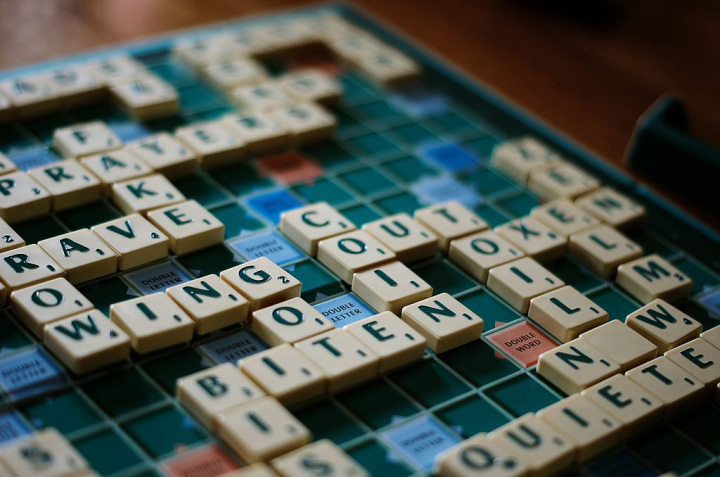
- Cahz – Short for casual (I have never tried to spell this).
- Newb – Short for “newbie,” used as an insult in gaming circles, though I’ve mostly seen it spelled as “noob,” or the Scrabble-impossible “n00b”.
- Lotsa – As in “lots of.” Come on.
- Thankx – Like “thanks,” but worth a lot more points.
- Hacktivist – A politically-motivated hacker.
- Vape – Short for “vaporizer” and the verb for using one, these have rapidly gained popularity as an alternative to cigarette smoking in recent years, to the delight of surreptitious public weed-smokers everywhere.
- Emoji – A visual icon used in digital text communications, originally from Japan.
- Tunage – Meaning music, as in: “Sick tunage, brah!”
- Facetime – A verb for talking with someone using Apple’s FaceTime application. Does turning a proper noun into a verb make it ok? I guess if “google” is a Scrabble-legit verb then there is precedent, but seems like a slippery slope.
- LOLZ – …no comment.
Words like “emoji” and “hacktivist” make sense as neologisms to reflect our increasingly digital reality, but “lotsa” and “thankx”? Where do we draw the line? Kids these days!
Helen Newstead, the head of language content for Collins, says that the rapid expansion of dictionaries to include more slang in recent years is because of the proliferation of published examples available through social media and websites:
“Dictionaries have always included formal and informal English, but it used to be hard to find printed evidence of the use of slang words. Now people use slang in social media posts, tweets, blogs, comments, text messages — you name it — so there’s a host of evidence for informal varieties of English that simply didn’t exist before.”
It’s important to note that the Collins list is the official resource for Scrabble everywhere except for North America, where the rights are held by Hasbro instead of Mattel. Official play in North America is governed by the Official Tournament and Club Word List (or “OWL”), which is published by Hasbro as The Official Scrabble Player’s Dictionary. The schism of ownership happened in the 1950s, with separate dictionaries appearing in the United States and United Kingdom in 1978 and 1980, respectively. Attempts to bridge the divide have thus far failed because many North American players are wary of Collins’ much more permissive stance. Collins tournaments have started to appear with greater frequency in the United States, however, suggesting that the tide may be turning.
For casual play, just be sure to agree beforehand on the dictionary you will refer to. That way you can avoid awkward situations like that time in college when a friend of mine stormed out of the room because he foolishly chose the enormous Oxford English Dictionary to shut down “opo,” an archaic form of “upon” recognized by the history-conscious OED.


